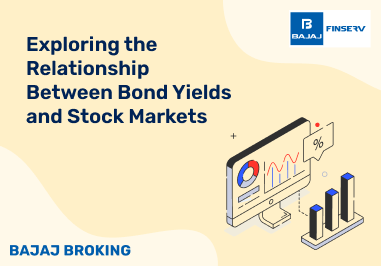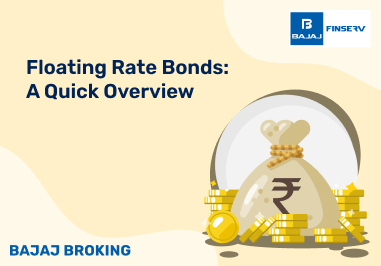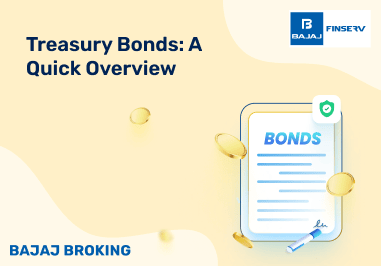Build a Stable Financial Future with Bonds
Bonds are a low-risk investment option that provide fixed returns while ensuring capital preservation. Whether you are looking for steady income, Read More... portfolio diversification, or a secure financial plan, bonds offer an excellent alternative to equities.
Why Invest in Bonds?
-Stable & Fixed Returns – Earn predictable interest payments at regular intervals.
-Capital Preservation – Bonds are generally safer than stocks, making them ideal for conservative investors.
-Diverse Options – Choose from government bonds, corporate bonds, municipal bonds, and fixed-income securities to match your financial goals.
-Lower Volatility – Unlike equities, bonds offer price stability, making them less prone to market fluctuations.
-Portfolio Diversification – Reduce risk by balancing equities with fixed-income instruments.
Types of Bonds You Can Invest In
1. Government Bonds – Backed by the government, these are the safest investment options.
2. Corporate Bonds – Issued by companies, offering higher returns with varying risk levels.
3. Municipal Bonds – Issued by state or local governments to fund public projects.
4. Fixed-Income Securities – Includes debt instruments like debentures and treasury bills.
5. Convertible Bonds – Allows conversion into equity shares, blending fixed income with growth potential.
How to Invest in Bonds?
Investing in bonds is simple:
-Select a Bond Type – Choose between government, corporate, or municipal bonds.
-Analyze Interest Rates – Compare coupon rates, yield, and maturity period.
-Check Credit Ratings – Assess the issuer’s credibility through credit ratings.
-Invest Through a Reliable Broker – Get expert guidance for seamless transactions. Read Less
























